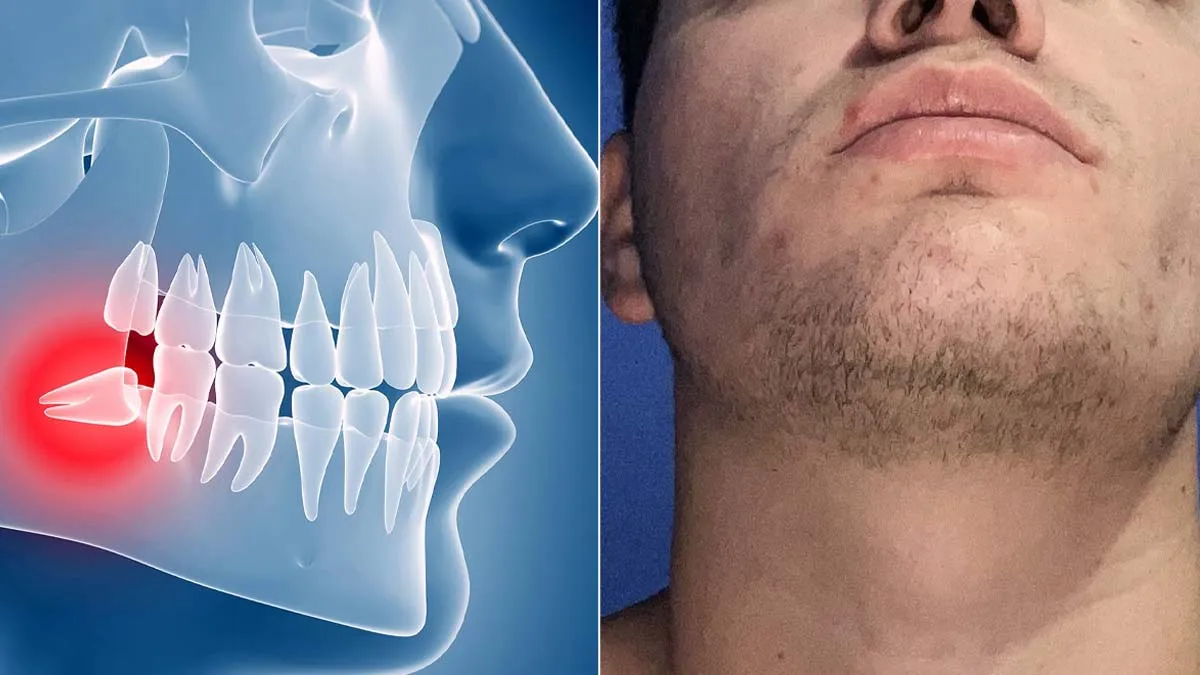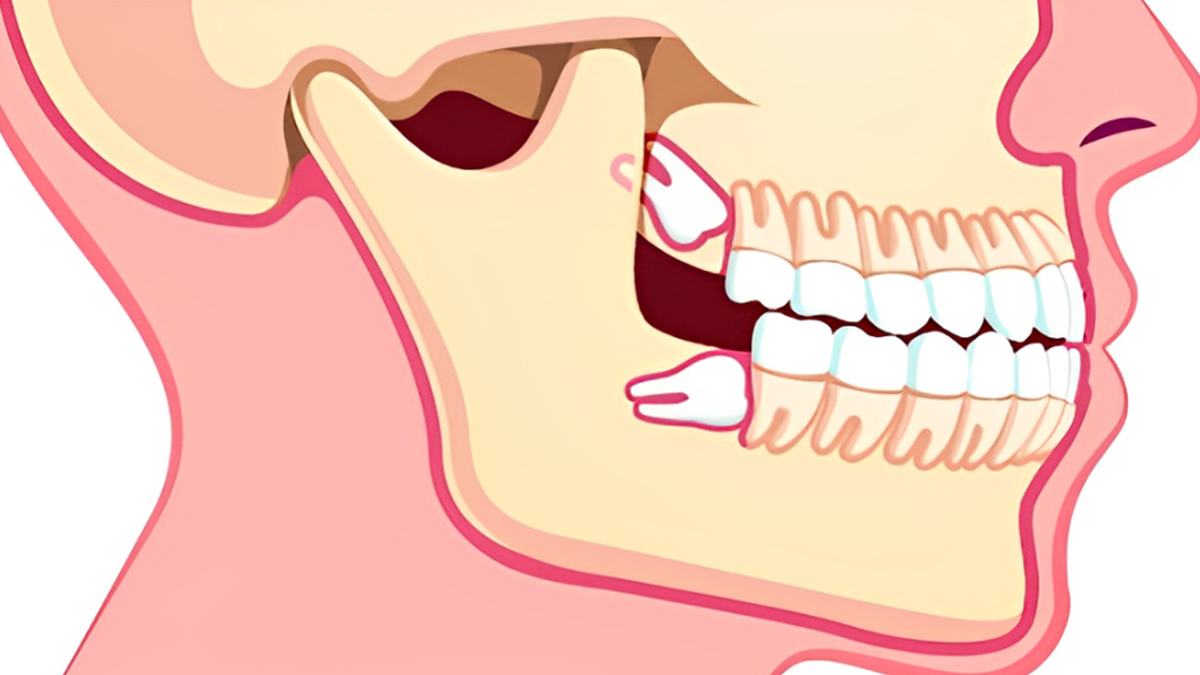
Many people worry about their wisdom teeth. Some fear pain, while others are concerned about their jaw changing shape. One common question is: Do wisdom teeth make your jaw bigger? This belief has been around for years, but is it true? To clear up the confusion, we reached out to Dr Sonakshi Sachdeva Babbar, Dental Surgeon, Smiline Dental Clinic, Delhi, as she separated the fact from the myth.
Table of Content:-
Why Do People Think Wisdom Teeth Enlarge the Jaw?![wisdom teeth enlarge jaw 4 (83)]()
Wisdom teeth, or third molars, usually appear between the ages of 17 and 25. Because they erupt later than other teeth, some believe they push the jaw to grow or cause it to widen. This idea is often linked to stories about jaw pain, crowding, or changes in facial shape during late teens or early adulthood. Dr Sonakshi Sachdeva Babbar explains, “Wisdom teeth do not make your jaw bigger. The size and shape of your jaw are mostly determined by genetics and growth during childhood and adolescence. Wisdom teeth simply try to erupt into the space that already exists.” She adds, “If there isn’t enough room, these teeth can become impacted or cause crowding, but they do not actually increase the size of the jawbone.”
ALSO READ: Does Tooth Scaling Damage Your Teeth? Debunking Common Myths and Facts
What Really Affects Jaw Size?![what affects jaw size 1 - 2025-07-03T105757.734]()
- Genetics: Your genes play the biggest role in jaw size and shape.
- Diet: Studies show that ancient humans had larger jaws because they ate tougher foods, which required more chewing. Modern diets are softer, so our jaws are generally smaller.
- Growth: Most jaw growth is complete before wisdom teeth erupt. The jaw does not expand just because wisdom teeth are coming in.
Some people believe that wisdom teeth cause crowding of the front teeth, especially after braces. However, research does not strongly support this. Removing wisdom teeth prevents crowding or that their eruption causes the jaw to grow or shift significantly.
A study published in the Journal of Oral and Maxillofacial Pathology looked at the relationship between height, genetics, and wisdom tooth impaction. It found that genetics and body growth patterns influence whether wisdom teeth become impacted, but there was no evidence that wisdom teeth themselves increase jaw size.
Subjects with lower third molar impactions were significantly shorter than those who had fully erupted third molars. The correlation between height and tooth impaction may be an additional consideration when planning for surgical treatment or patient selection.
Why Do Some People Feel When Wisdom Teeth Come In?![wisdom teeth pain 3 - 2025-07-03T105754.935]()
Many people notice pressure, discomfort, or even pain as their wisdom teeth start to erupt. According to the expert, this happens because there may not be enough space at the back of the jaw for these new teeth. When wisdom teeth push against other teeth or get stuck under the gums (impacted), it can cause soreness or swelling. However, this pressure does not mean your jaw is getting bigger; it’s just your body reacting to the new teeth trying to find space.
Should You Worry About Wisdom Teeth?
Dr Babbar advises, “Not everyone needs their wisdom teeth removed. If they are not causing pain, infection, or damage to other teeth, they can often be left alone. Regular dental check-ups will help monitor their position and health.”
ALSO READ: Is It Safe to Keep Wisdom Teeth? Know From A Dentist
Conclusion
Wisdom teeth do not make your jaw bigger. Jaw size is set by genetics and early growth, not by the arrival of wisdom teeth. While these teeth can sometimes cause problems if there isn’t enough space, they do not change the shape or size of your jaw. If you have concerns about your wisdom teeth, consult a dentist for personalised advice.
Also watch this video
Read Next
Nita Ambani’s Ageless Beauty Secrets at 61, Know How She Looks Younger Every Year With Glowing Skin
How we keep this article up to date:
We work with experts and keep a close eye on the latest in health and wellness. Whenever there is a new research or helpful information, we update our articles with accurate and useful advice.
Current Version

-1751520693637.jpg)

